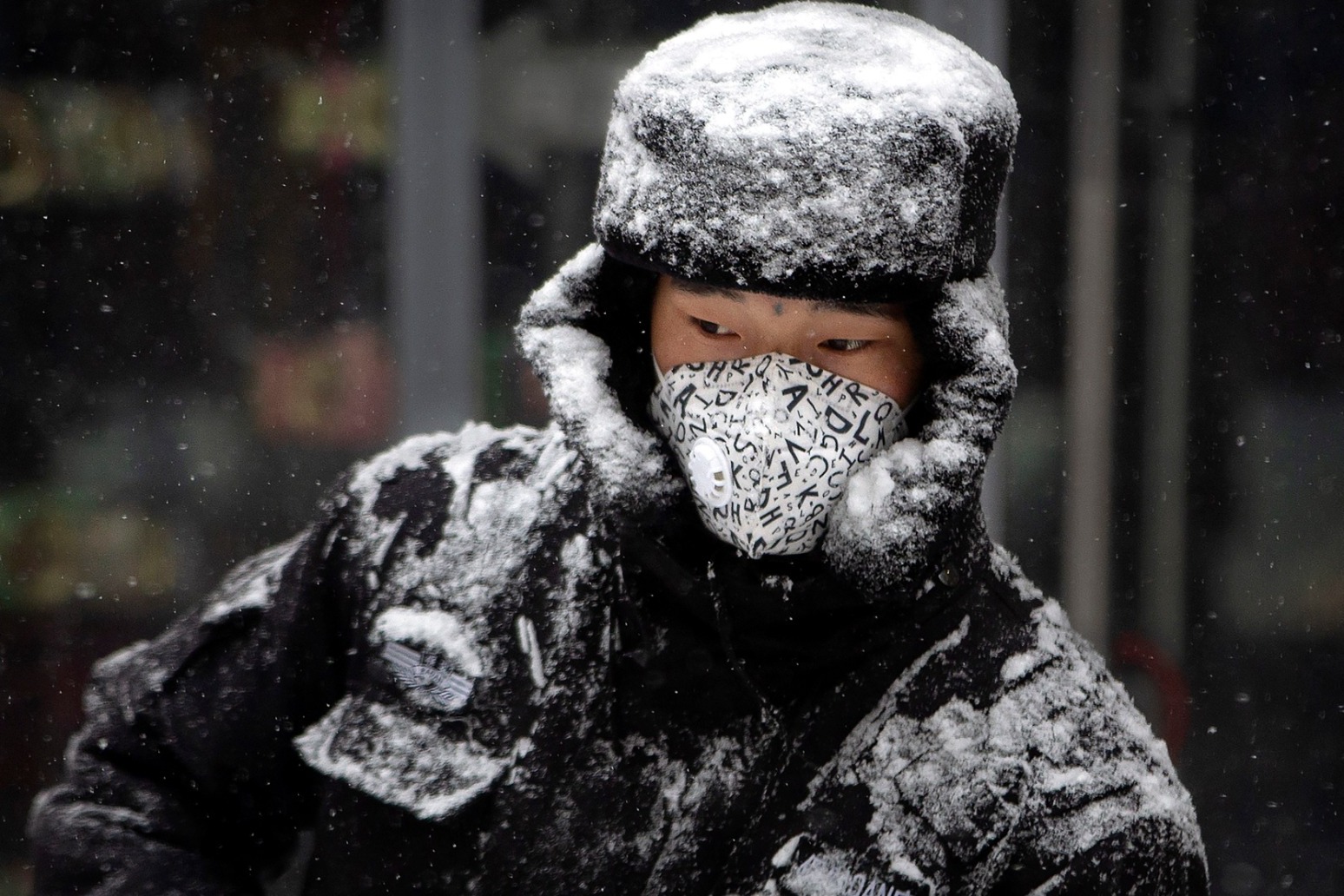
Deaths from coronavirus in mainland China rise to 490
The death toll in mainland China from the coronavirus outbreak has risen to 490, officials said early on Wednesday. The total number of cases has increased to 24,324, as China moved patients into newly built or converted hospitals in the hardest-hit city of Wuhan.
The latest figures are up from 425 deaths and 20,438 confirmed cases on Tuesday.
The rise came as Hong Kong announced it will require all people entering the city from the Chinese mainland, including Hong Kong residents, to be quarantined for 14 days.
Japan has said 10 people on the Diamond Princess cruise ship have tested positive for coronavirus and were being taken to hospitals.
Health minister Nobukatsu Kato said all the 3,700 people and passengers on the ship - including British couple David and Sally Abel - will be quarantined on board for up to 14 days under Japanese law.
The 10 are among 273 people tested after one man who got off the ship in Hong Kong was confirmed to have the virus.
Some tests are still pending. Those tested either had a cough or fever, which are symptoms of the new coronavirus, or had close contact with the man who stopped in Hong Kong.
But the transmission is not clear, and the others may have got the virus when they got off the ship at other port calls in Vietnam, Taiwan, Kagoshima and Okinawa.
The ship returned to Yokohama, near Tokyo, on Monday.
The new coronavirus has infected thousands in mainland China and caused scattered cases in Hong Kong and other places, mostly associated with travel to the central Chinese region where the outbreak has been most severe.
In Hong Kong, hospitals workers were striking to demand that the border with mainland China be shut completely to ward off the virus that caused its first death in the territory.
But four new cases of the virus without known travel to the mainland have been reported, indicating community transmission.
The growing caseload in Hong Kong "indicates significant risk of community transmission" and could portend a "large-scale" outbreak, said Chuang Shuk-kwan, head of the communicable disease branch at the Centre for Health Protection.
More than 7,000 health workers joined the strike on Tuesday, according to the Hospital Authority Employees' Alliance, the strike organiser.
Hospitals said they had to cut some services due to the absences.
The territory's beleaguered leader, Carrie Lam, criticised the strike and said the government was doing all it could to limit the flow of people across the border. Almost all land and sea links have been closed, but the striking workers want the border shut completely.
"Important services, critical operations have been affected," Ms Lam said. "So I'm appealing to those who are taking part in this action: Let's put the interests of the patients and the entire public health system above all other things."
Hong Kong was hit hard by the 2002-2003 outbreak of SARS, or severe acute respiratory syndrome, a virus from the same family as the current outbreak.
Trust in Chinese authorities has plummeted following months of anti-government protests in the Asian financial hub.
The territory's beleaguered leader, Carrie Lam, criticised the strike and said the government was doing all it could to limit the flow of people across the border.
Almost all land and sea links have been closed, but the striking workers want it shut completely.
"Important services, critical operations have been affected," including cancer treatment and care for newborns, Ms Lam told reporters.
"So I'm appealing to those who are taking part in this action: let's put the interests of the patients and the entire public health system above all other things."
Published: by Radio NewsHub